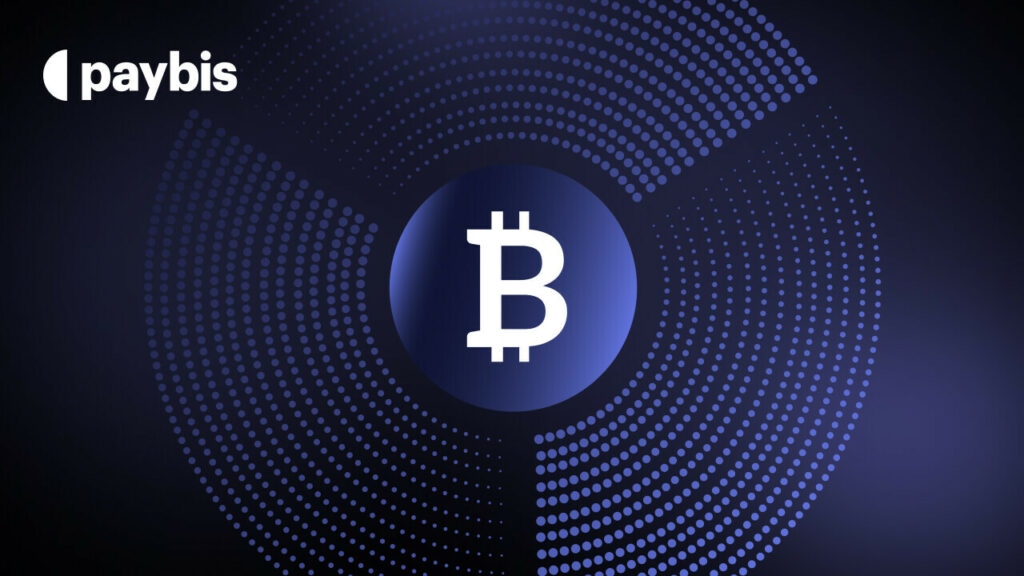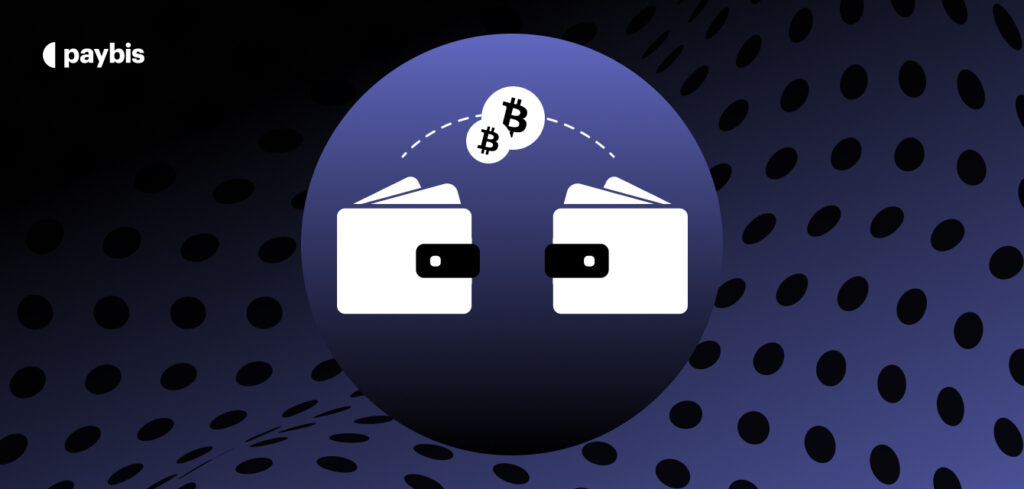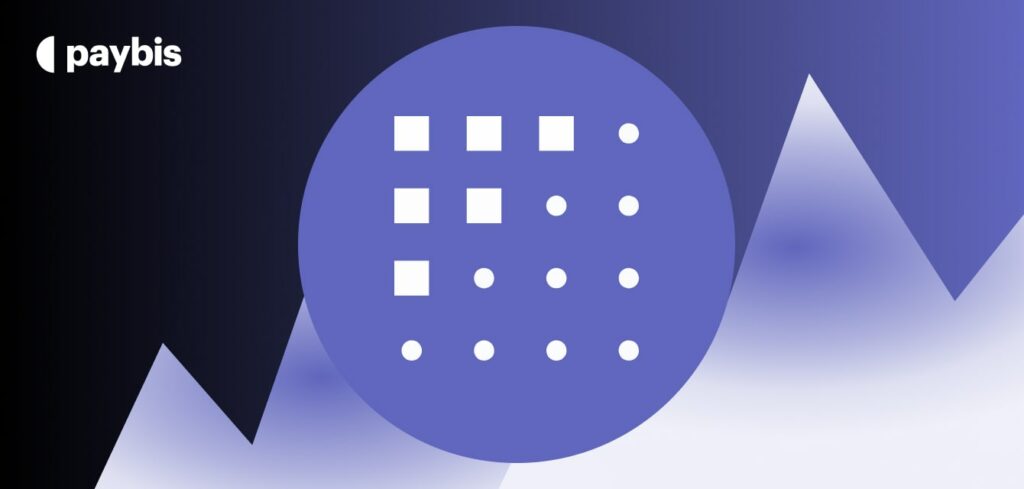Supply Chain
A supply chain is the entire network of people, companies, and processes involved in producing and delivering a product or service, from raw materials to the end customer. In blockchain, it refers to using decentralized technology to track and verify each step of this journey, improving transparency, trust, and efficiency
What is Supply Chain?
A supply chain is the network of people, companies, and processes involved in producing and delivering a product, from raw materials to the final customer. In the crypto and blockchain space, supply chain refers to the use of decentralized technology to track goods more transparently and securely.
Blockchain can record every step of a product’s journey, making it easier to verify origin, prevent fraud, and improve efficiency. This helps businesses build trust with consumers and reduce losses due to counterfeit or misplaced goods.
Platforms like Paybis, which specialize in crypto services, help users explore the broader impact of blockchain, including its role in transforming global supply chains.
Defining the Background of Supply Chain
The idea of a supply chain dates back to early trade and manufacturing systems, but became more formalized with industrialization in the 20th century. As global trade expanded, companies needed better ways to manage logistics and track products across borders.
The rise of the internet and digital tools improved visibility, but problems like fraud, inefficiencies, and lack of transparency remained. Blockchain technology entered the scene as a potential game-changer, offering a tamper-proof, shared record of product movement.
This modern approach is being adopted by industries ranging from food to fashion to electronics.
Supply Chain Usage
Blockchain improves supply chains by verifying the origin of products, especially in food safety (e.g., tracing contaminated goods), luxury items (e.g., authenticating designer goods), and pharmaceuticals (e.g., preventing counterfeit drugs).
Companies use blockchain to track carbon footprints and enforce ethical sourcing. It’s also used in logistics to streamline shipping and customs documentation. Outside of crypto, “supply chain” simply refers to any process of moving a product or service from start to finish.
FAQ
How does blockchain improve supply chains?
Blockchain adds transparency and traceability by recording every transaction in a secure, unchangeable ledger. This means companies and customers can track where products come from, verify authenticity, and detect issues quickly. It helps build trust and reduce inefficiencies.
Is blockchain used in real-world supply chains today?
Yes, many global companies are testing or already using blockchain in their supply chains. IBM, Walmart, and Maersk are some examples. Use cases include tracking food safety, preventing fraud, and automating shipping documentation.
Can supply chains work without blockchain?
Absolutely, most still do. But without blockchain, supply chains can be more vulnerable to errors, fraud, and a lack of visibility. Blockchain enhances, rather than replaces, traditional systems by adding an extra layer of accountability and efficiency.
Is supply chain only about physical products?
Not always. While it usually refers to goods, supply chain principles can also apply to services or digital products, such as software or data, especially in cloud-based environments or digital content distribution.
Disclaimer: Don’t invest unless you’re prepared to lose all the money you invest. This is a high‑risk investment and you should not expect to be protected if something goes wrong. Take 2 mins to learn more at: https://go.payb.is/FCA-Info


